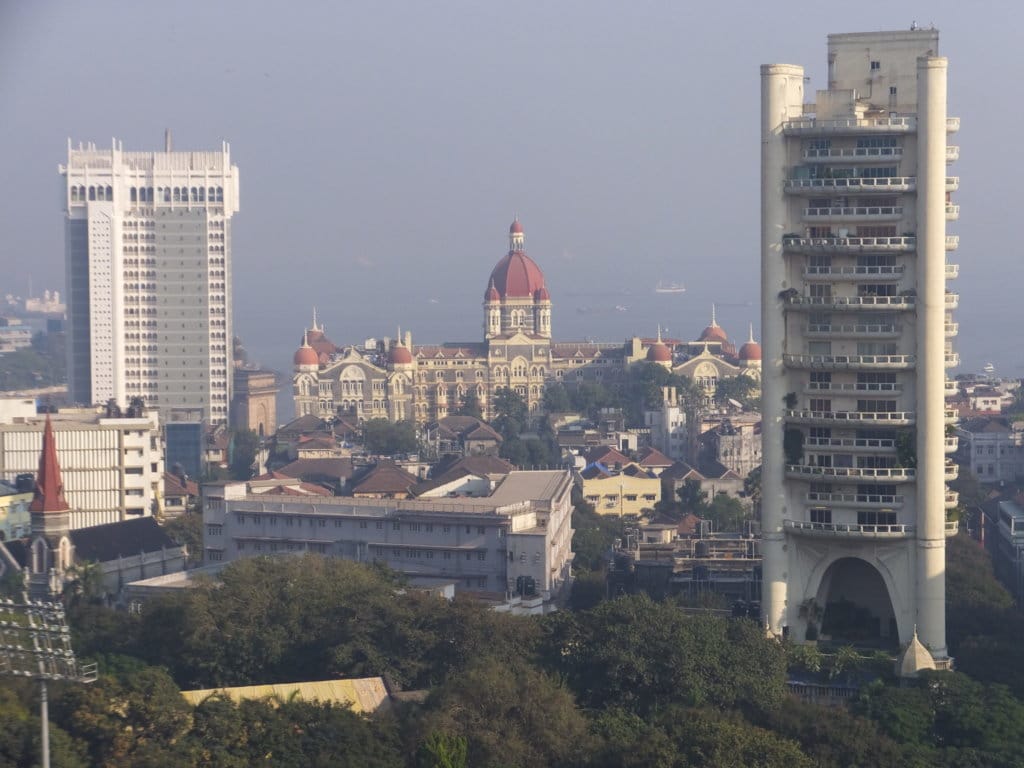Mumbai is the 12th richest city in the world, with a total wealth of $950 billion, while New York, with $3 trillion, tops the list according to a new report. New York is followed by London, which has a total wealth of $2.7 trillion, in the New World Wealth report.
Mumbai also features in the list of top 10 cities in the world in terms of billionaire population. There are 28 billionaires in the city, who have net assets worth $1 billion or more. According to the report, Mumbai is expected to be the fastest growing city (in terms of wealth growth) over the next 10 years.
In Asia, Tokyo is the richest city, with a total wealth of $2.5 trillion. Tokyo is also the third richest city globally. Also figuring among the top-ranked cities in the list were San Francisco Bay area ($2.3 trillion), Beijing ($2.2 trillion), Shanghai ($2 trillion), Los Angeles ($1.4 trillion), Hong Kong ($1.3 trillion), Sydney ($1 trillion), Singapore ($1 trillion) and Chicago ($988 billion). Mumbai was followed by Toronto ($944 billion), Frankfurt ($912 billion) and Paris ($860 billion).
Total wealth refers to the private wealth held by all the individuals living in each city. It includes all their assets (property, cash, equities, business interests) minus any liabilities. The figures do not take into account government funds.
“Total wealth held in the city amounts to $950 billion. Mumbai is the economic hub of India. It is also home to the Bombay Stock Exchange (BSE), the 12th largest stock exchange in the world. Major industries in the city include financial services, real estate and media,” the report stated.
Mumbai has also been attracting a large expat population from North America, Europe, and Asia. In India, it is the most expensive city in terms of average rent for expatriates and the fifth most expensive in the list in Asia, according to an ECA International survey of average rental prices for an unfurnished, three-bedroom apartment in the mid-range of the expatriate market in Asia, that was released in January.
“As the financial and commercial capital of India, assignment budgets in Mumbai tend to be higher, on average, than in other cities in the country. Indeed, most expatriates in Mumbai prefer to live in a relatively small number of neighborhoods, considering the population of the city,” ECA Regional Director, Asia, Lee Quane, told Connected to India website.
“Demand remains strong for rented accommodation from year to year in Mumbai, fueling annual rent increases of 5-9 per cent every year since 2015,” Quane said. He added that many companies headquartered in China, Taiwan and Hong Kong are expanding to India and South-East Asia, and traditional expats from North America and Europe are also sending more staff, which has led to increase in the expat population in the region.
Most major Indian cities have seen an increase in average rent levels for expatriates over the last couple of years except Kolkata, where the rent has been stable.
Meanwhile, the Maharashtra government signed a framework agreement with Virgin Hyperloop One to build a hyperloop between Mumbai and Pune that would cut down travel time to 14-25 minutes. The hyperloop will connect central Pune, Navi Mumbai International Airport, and Mumbai. It will support 150 million passenger trips per year, Richard Branson said in a statement.
“As our team’s studies have found, the Pune-Mumbai route could result in $55 billion (Rs 350,000 crore) in socio-economic benefits, time savings, accident reduction and operational cost savings, over 30 years of operation,” he added.
Apart from the hyperloop track, which could take several years, a new cruise terminal has been planned in Mumbai to make it at par with Miami in the United States. Mumbai will have floating restaurants, a marina and an international cruise terminal, according to the port authority. Annually, Mumbai will host 700,000 passengers through the new terminal.
